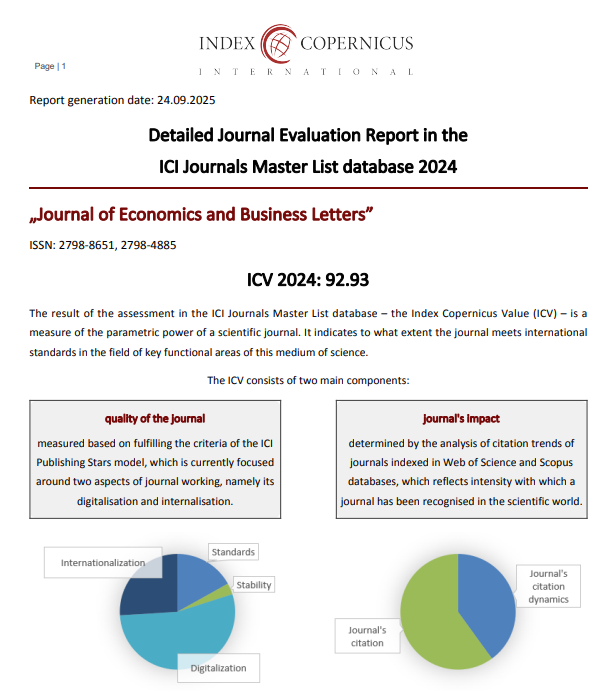
ADDITIONAL MENU
JOURNAL TEMPLATE
BECOME REVIEWER
Indexed by
TOOLS
INFORMATION
VISITORS
Policy on the Use of Artificial Intelligence (AI) in Manuscript Preparation and Review
In response to the increasing use of artificial intelligence (AI) tools in academic publishing, JEBL has established a formal policy to uphold transparency, research integrity, and ethical authorship practices. Authors are permitted to use AI-assisted technologies—such as ChatGPT, Grammarly, or DeepL—strictly for enhancing language quality, grammar, or style. However, AI tools must not be used to generate novel scientific content, hypotheses, or interpretations. Any use of such tools must be explicitly disclosed in the manuscript under a separate section titled “Declaration of AI Use,” including the name of the tool and the purpose of its use. AI tools cannot be credited as authors or co-authors, as they do not meet the criteria for authorship responsibility and accountability.
The journal strictly prohibits the use of AI to generate or manipulate images, graphs, or figures unless AI-generated content forms a core part of the research methodology. In such cases, detailed documentation of the tool and its parameters must be provided in the Methods section. In the peer review process, reviewers are not allowed to input manuscript content into any AI tool due to confidentiality and data privacy concerns. Editors may use AI for administrative assistance, such as grammar or plagiarism checks, but all editorial decisions must remain under human oversight.
Misuse of AI tools or failure to disclose their use may lead to manuscript rejection, article retraction, or notification to the author's institution. This policy aligns with best practices outlined by leading academic publishers including Elsevier and Springer Nature, and will be updated periodically as AI technologies evolve. JEBL remains committed to promoting responsible research practices and safeguarding the quality and trustworthiness of academic scholarship

ADDITIONAL MENU
JOURNAL TEMPLATE
BECOME REVIEWER
Indexed by
TOOLS
INFORMATION
VISITORS
Publisher: PRIVIETLAB

Journal of Economics and Business Letters is licensed under a Creative Commons Attribution 4.0 International License.
